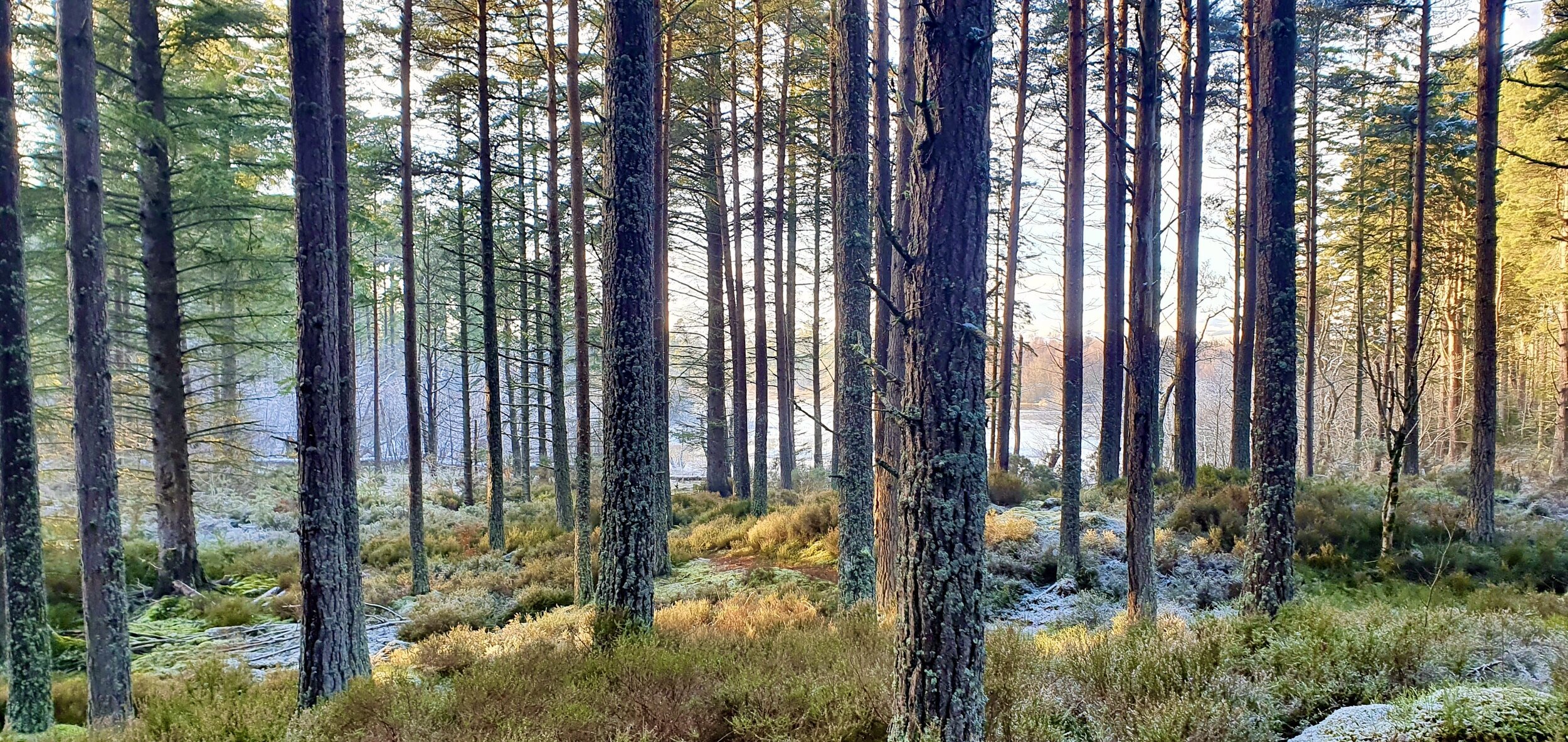How to Take a Nature Adventure Without Leaving Home
Thanks to James Black, economist, outdoor enthusiast, and founder of Wilderness Redefined, for this guest piece (and for sharing the enviable views of the wilderness near his Glasgow home).
Enjoying the great outdoors isn’t just a fun way to spend some time, it’s also great for your health and well-being. There are many ways outdoor adventures benefit our physical and mental health, as well as our social well-being:
Reduced stress
ADHD support
Improved creativity
Enhanced memory
Better academic performance
Mental health management
A healthier heart
Improved immunity to cancers and viruses
Reset your sleep cycle for a better night’s sleep
Maintains healthy eyesight
Longer life expectancy
Increased happiness
But with pandemic lockdowns and long winters in full effect, are there ways to reap some of these great benefits without actually having to leave your house? Absolutely! Here are some creative ideas for how to take a nature adventure without wandering out into the wilderness.
Bring Nature Indoors
One of the easiest ways to gain some of the benefits of being amongst nature without leaving your home is to bring nature into your home. Don’t worry, you don’t need to start ripping up the carpets and laying down some turf. A few well-placed house plants can offer many of the same benefits as time spent outdoors by improving the visual quality and aromatherapy of a room.
Studies have shown that the scent of the plant has a calming effect on individuals’ stress levels. This was demonstrated in research where lavender was placed in a dentist’s office and reduced anxiety among patients compared with a control group who didn’t have a chance to reap the benefits of the lavender. Lavender (Lavandula angustifolia) is a great example of a plant you can grow indoors — be sure to give it quick-draining soil and lots of direct sunlight. Other favorite indoor plants like spider plants (Chlorophytum comosum), dragon tree (Dracaena marginata), or Areca palm (Dypsis lutescens) can help purify the air by filtering out common volatile organic compounds (VOCs), which can be important in urban spaces.
If you’re feeling particularly green-fingered, you can even start your own herb garden or harvest your own citrus from dwarf Meyer lemon (Citrus × meyeri 'Improved') or Thai lime (Citrus hystrix) trees.
The sight of nature has a universally positive effect on our mental health. Researchers have found that workers with a view of nature from a window had lower stress-levels than colleagues who didn’t, and they also had higher levels of job satisfaction. Murals depicting dramatic scenes of nature were shown to have a restorative effect on college students, even more so than real views of mundane natural environments.
So if you’re lucky enough to have a view of a natural environment from a window, make sure to take advantage of it. Otherwise, you can harness the tenants of biophilic design by bringing the sights and smells of nature in by growing some houseplants and hanging some awe-inspiring, landscape-inspired art.
Backyard Camping
Studies have shown that artificial lighting can alter our natural sleeping patterns and negatively affect health markers and cognitive abilities. Keeping your internal body clock steadily ticking is important for regulating digestion, body temperature, and hormone production. Given how much time we spend indoors with our modern lifestyles, this might be worrying to some people.
Camping under the stars might offer some respite: just one weekend of camping was shown to lead to a healthier and more steady sleep pattern, with all the associated health benefits.
(If you’re looking for a great option for a backyard camping tent, I recently reviewed the Coleman Sundome 4-Person Tent. It’s a great, low-cost shelter which even the kids can learn to set up themselves!)
So, if you’ve got the space in your yard, why not trial some backyard camping? It’s a great way to try out camping without having to leave your home. See if camping is your sort of thing, without having to leave behind civilization entirely.
Find Nature in Virtual Reality
This might sound like it’s been lifted from some dystopian sci-fi story, but there’s some interesting research that suggests spending time inside an Oculus.
For a few decades, research has consistently found that engaging in physical activity in a natural setting is good for reducing stress and anxiety levels among participants. And we already covered how sights of nature, like views from a window or a dramatic mural, can reduce stress and anxiety.
As virtual reality (VR) technology develops, some research has shown that combining physical exercise with the sights and sounds of a natural environment — produced by a virtual reality headset — has a greater effect on reducing anxiety and stress than physical exercise alone. So using VR technology can trick us into gaining the benefits of the great outdoors without ever leaving the couch!
Whether you get green-fingered with indoor plants, turn your yard into a campsite, or go for a virtual walk in the woods, there are plenty of ways to get some of the benefits of the great outdoors without ever having to leave your house!
About the Author
James Black started the website Wilderness Redefined aiming to promote sustainable adventures in the great outdoors and provide helpful information to make getting out in the wilderness accessible for all. In his day-to-day life, he works as an economist in a reputable research institute. Views from the wilderness near his home in Glasgow are the envy of our winter months.






